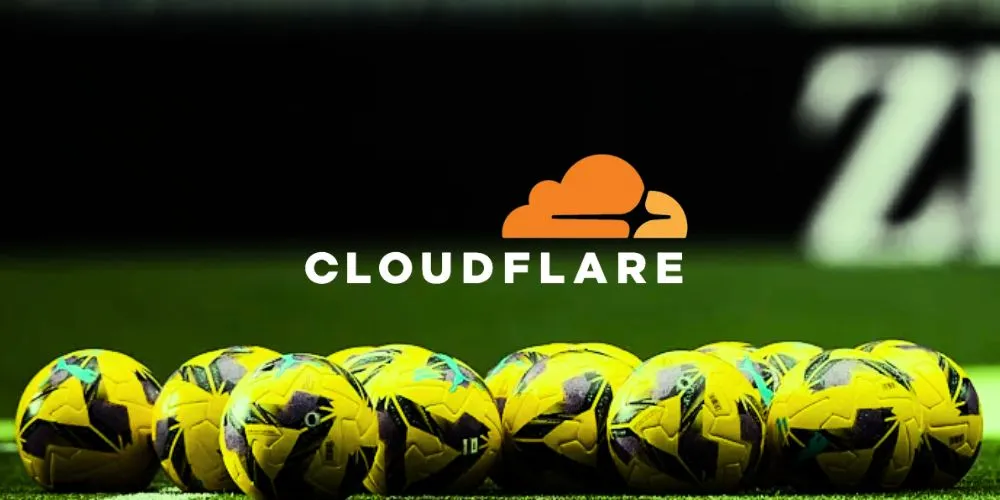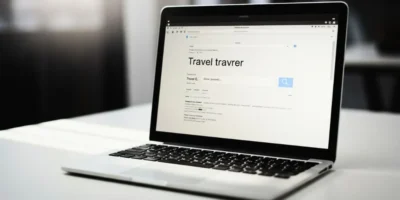Cloudflare is taking a stand against a heavy-handed anti-piracy effort in Spain that is inadvertently knocking out significant portions of the regular internet. The fight centers on how Spanish sports giants, such as La Liga and Telefónica, are attempting to prevent the unauthorized streaming of their games. Their tactic? Getting court orders to block the IP addresses of the pirate sites.
The problem, as Cloudflare explains, is that this approach is like using a sledgehammer to crack a nut. In the modern internet, a single IP address can host thousands, or even millions, of different, perfectly legal websites. When a court orders an IP address blocked to stop one illegal stream, it can cause massive collateral damage.
And the damage has been remarkable. The anti-piracy blocks in Spain have already taken down legitimate sites, including payment platforms and even Google Fonts. The Google Fonts outage was so widespread that it briefly disrupted how fonts and icons loaded on other sites, such as Google Calendar and YouTube, for some users.
Cloudflare’s CEO, Matthew Prince, called the strategy “bonkers.” He warned that “it’s only a matter of time before a Spanish citizen can’t access a life-saving emergency resource” because of these broad blocking orders. In response, Cloudflare has filed a legal appeal with Spain’s highest court, arguing that the method is irresponsible and causes far more harm than good.
This isn’t just a problem in Spain. Other European countries, such as France and Italy, are exploring similar aggressive tactics, making Cloudflare’s fight a crucial battle for the future of an open internet.














